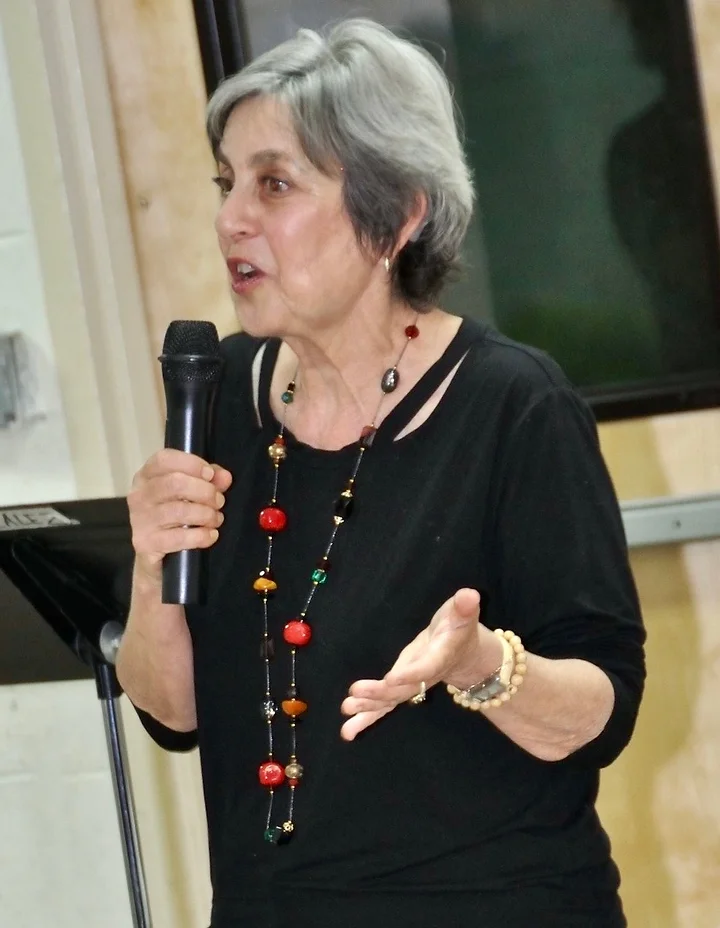
Thirty years ago, on July 26, 1990, the American with Disabilities Act (ADA) was signed into law by President George H. W. Bush. This groundbreaking legislation prohibits discrimination based on disability.
The ADA is important to me because I have a profound hearing loss. I started to lose my hearing when I was 19. Today, at 70, I am grateful for my cochlear implants which gives me close to normal hearing.
When Congress began drafting a law to define people with disabilities as a protected class, hearing loss was not mentioned, probably because it’s invisible. The only concession was for the Deaf, easily recognizable because of their use of American Sign Language (ASL). Hearing loss was finally included in the ADA thanks to the advocacy work of Rocky Stone and his newly formed organization, Self Help for the Hard of Hearing (SHHH, today HLAA), and Senator Tom Harkin who passionately advocated for it.
This inclusion is important because it affects 48 million Americans, a number projected to grow “thanks” to loud music played through headphones; returning vets exposed to heavy artillery; the aging population; and the noisy environment of cities. Hearing aids help, but they’re expensive and rarely covered by insurance, except for those covered by the Veterans Administration.
During my 35-year sales career, although I already used hearing aids, I had trouble hearing. Meetings were challenging and I struggled to hear on the phone in our noisy office. Had I only had the confidence to ask for accommodations I could have asked for CART (Communication Access Realtime Translation or live captions) for meetings, access to a vacant room for phone calls, captioned phones, and assistive listening devices.
Unfortunately, I did not. I was embarrassed, even humiliated by my hearing loss and tried to hide my hearing aids. I bluffed my way through conversations and meetings, creating misunderstandings, frustrations, and an impact on my career.
Ten years ago, I found the HLAA, and met others with hearing loss. I learned that my peers bluff if they cannot hear rather than admit they have a hearing loss. This was a life-changing insight for me as I thought I was the only one who pretended. And as I know all too well, bluffing can cause many embarrassing answers.
The HLAA, and accepting my hearing loss, have led me to start an HLAA chapter and serve as its president, become president of the international, online SayWhatClub (www.saywhatclub.org). I launched a coaching practice for those with hearing loss, helping them come to terms with their disability; also their communication partners as they are affected too. In addition, I give workshops and talks, all to educate people on hearing loss.
The ADA has had a major impact on my life, and on yours too if you choose to use it. It is not a watchdog agency. It is the law. Thanks to that law, we have accessible sidewalks, ramps, and elevators benefiting the wheelchair-bound and others with difficulties negotiating stairs and curbs. More and more theaters and other venues provide CART and hearing loops. The ADA makes it illegal to discriminate against individuals with disabilities. You cannot be fired just because you use a wheelchair or are hearing challenged. If your performing-arts center, conference room in city hall, or other public venue does not provide accommodations, like CART or hearing loops, you can ask for it.
Thankfully today there are a host of accommodations for hearing loss: captions on TVs, movies and smart devices as well as theaters providing CART, hearing loops in public venues integrating sound directly to the hearing aid. Telephones are hearing aid compatible. Captioned phones are free. Plus, smart phones provide a host of voice to text Apps.
There are still shortcomings, but those shortcomings might encourage us to advocate for ourselves. As I mentioned the ADA is a law, not a watchdog agency, so we must be the watchdogs. We must ask for accommodations when needed, and the law backs us up much of the time. If we go to a public venue, it is our job to ask for accommodations, always allowing lead-time to comply. It’s not easy. You have to persevere, even in the face of rejection. But the ADA provides the legal groundwork to file complaints and take legal action.
Hearing loss doesn’t just affect your ears. It affects your self-esteem, social life, career and relationships with family, friends, and co-workers. Dealing with it requires courage and the willingness to stand up for yourself. We are fortunate to have the ADA to support us.
Article is reprinted from Island Ad-Vantages; Serving Stonington, Deer Isle and Ilse au Haut, ME; August 6, 2020. Publisher & Editor: R. Nathaniel W. Barrows.

